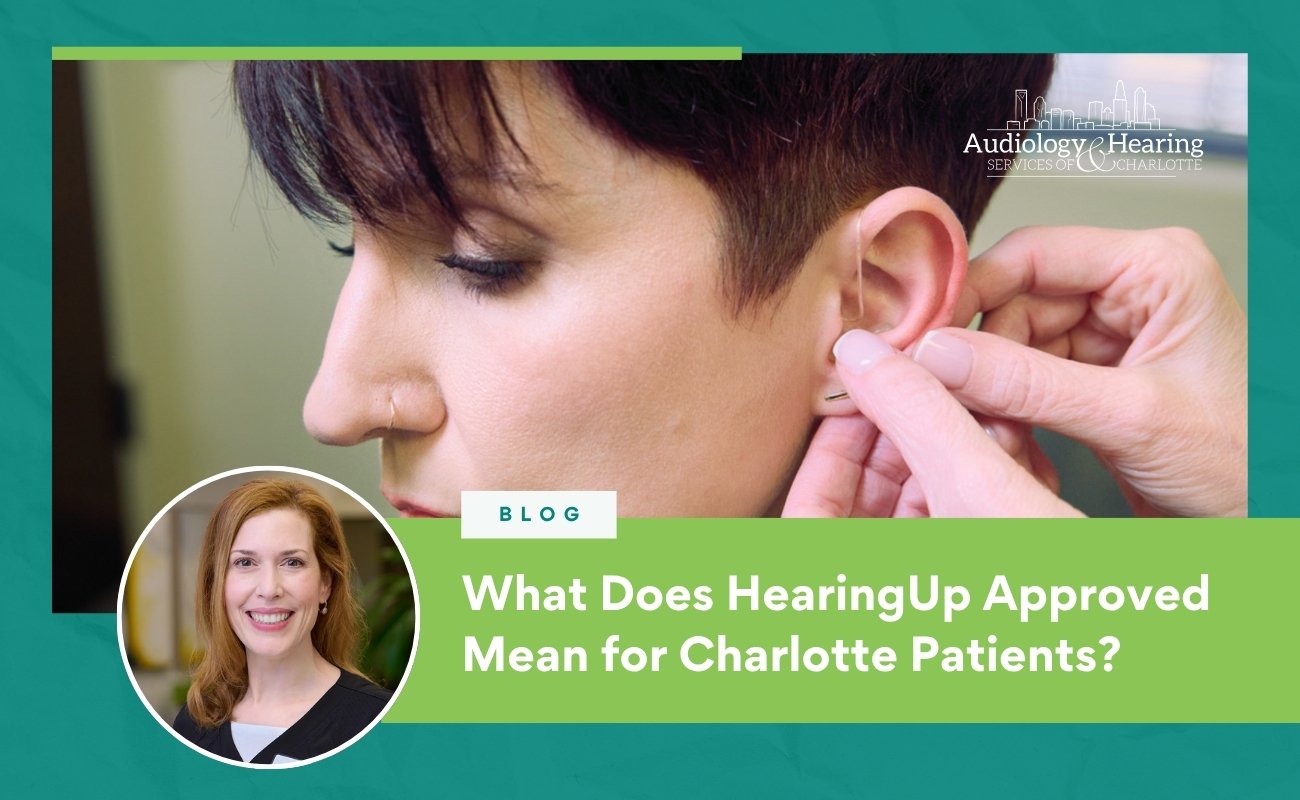
How Does Menopause Affect Hearing Health?

Menopause can cause many physical changes. You may be surprised to know it can even affect your hearing.
Your Hearing Changes with Age
Presbycusis is the natural process that occurs as your ear structures gradually degenerate with age. You may find you have trouble hearing high-pitched sounds, like children’s voices.It’s also common to experience a change in blood flow and circulation with age, and the onset of menopause may further exacerbate those conditions. A change in blood flow harms the sensitive hair-like structures in your inner ear that send sound signals to your brain for interpretation.
Low Estrogen and Hearing Health
Your inner ears have estrogen receptors, and studies have shown that estrogen and progesterone can have a protective effect on the health of your auditory functions.However, your body will stop producing those hormones as you progress through menopause. That process can take up to 12 months, so it’s not unusual to experience hearing difficulty during that period.The mucus membranes in your inner ear will begin to dry out once your body stops producing estrogen. Changes to your inner ear will not only affect your hearing, but your balance as well, so you may experience bouts of vertigo or dizziness during menopause.
Increased Risk for Blocked Ears and Infection
Excessive dryness makes it difficult for your ears to regulate wax production and cleanliness. Your ears can overproduce wax, which will build up and cause conductive hearing loss.You’re also more prone to illnesses like the cold, flu or sinus and ear infections. Repeat swelling and inflammation can permanently damage the sensitive tissue in your ears.
Menopause and Tinnitus
Some women develop tinnitus, or ringing in the ears, during perimenopause, a transitional phase that can start up to 10 years before menopause.Your circulation may decrease as your estrogen level continues to drop, which also weakens the blood vessels in your ears. Your ears are very responsive to physiological changes, so a drop in blood pressure or blood oxygen can result in permanent damage and exacerbate tinnitus.
Treating Menopause-Induced Hearing Loss
Having a hearing test is an essential step toward addressing your hearing loss. An audiologist can determine the severity of your condition and whether menopause is contributing to your symptoms.Your doctor may prescribe hearing aids to improve your changing abilities and support communication. Hearing aids can also treat tinnitus and help you manage your symptoms.Audiology & Hearing Services of Charlotte offers comprehensive hearing evaluations, advanced hearing technology and Better Communication Classes to help you optimize your hearing and improve your quality of life. Call 704-412-7975 or contact us online to schedule your appointment.

Melissa Karp is a board-certified audiologist with special expertise in tinnitus treatment, auditory processing disorder (APD) evaluation, hearing aid fitting and aural rehabilitation.

Related blog posts
Contact us
Get in Touch
Ready to start your journey to better hearing?



Charlotte, NC 28226



